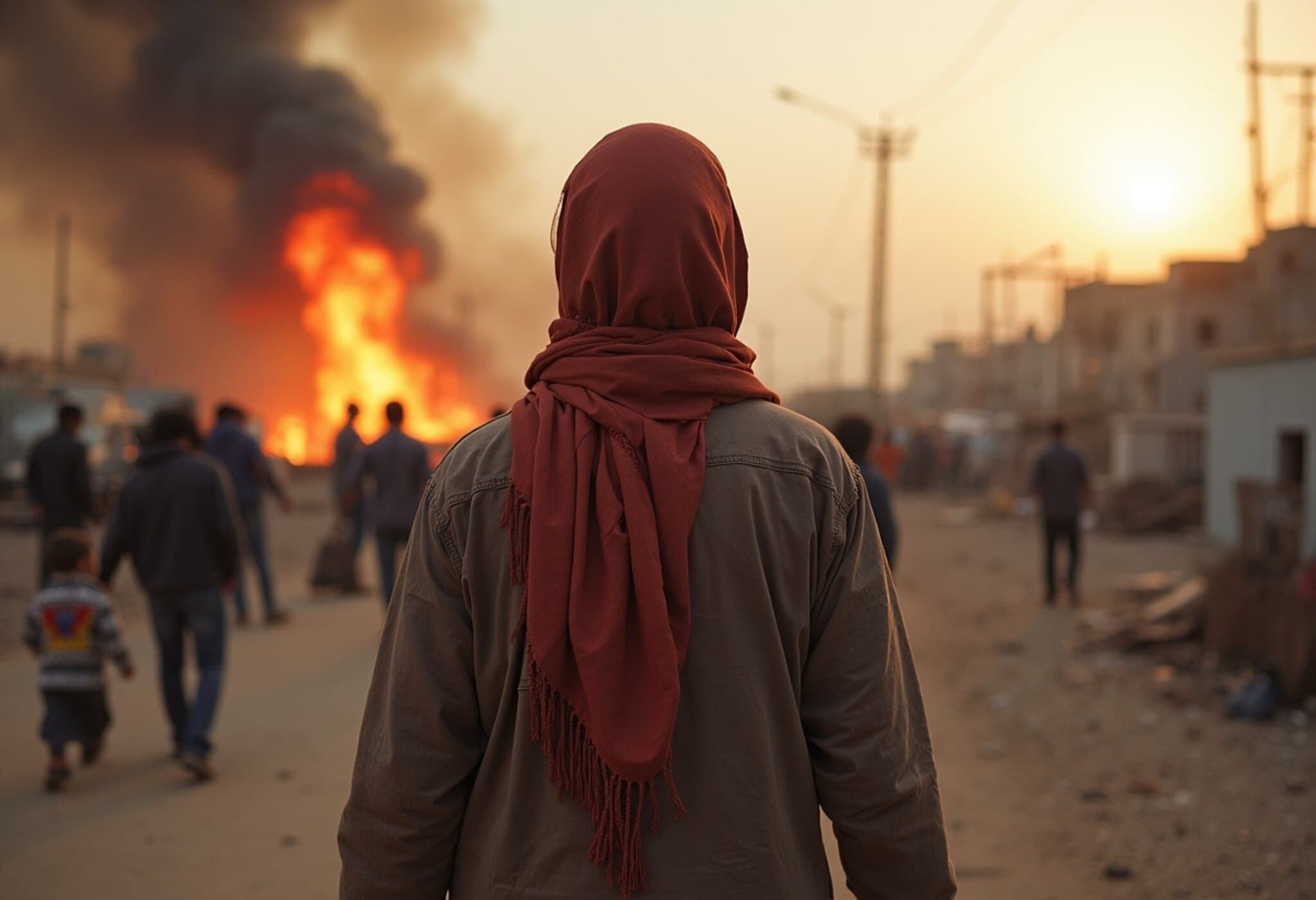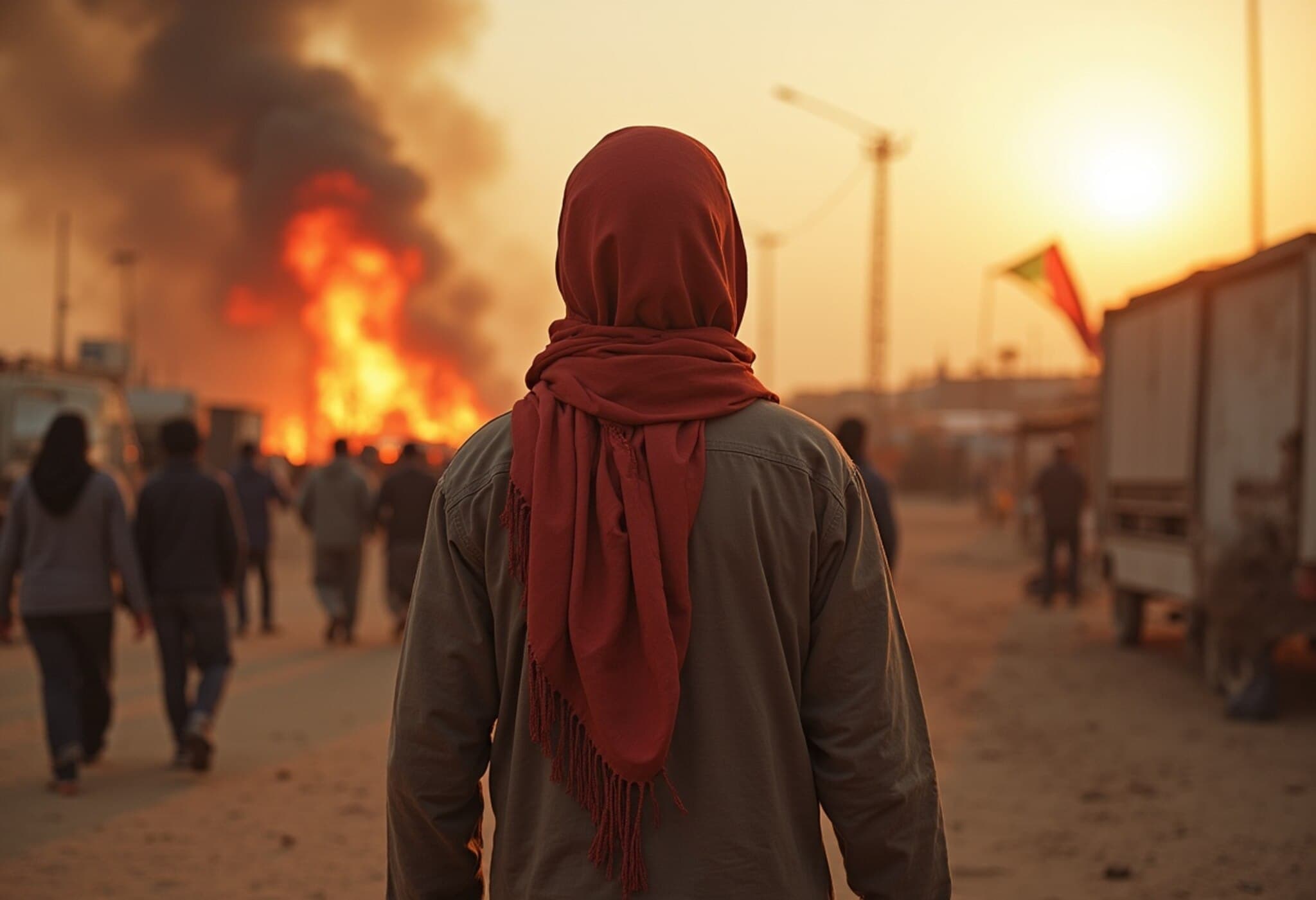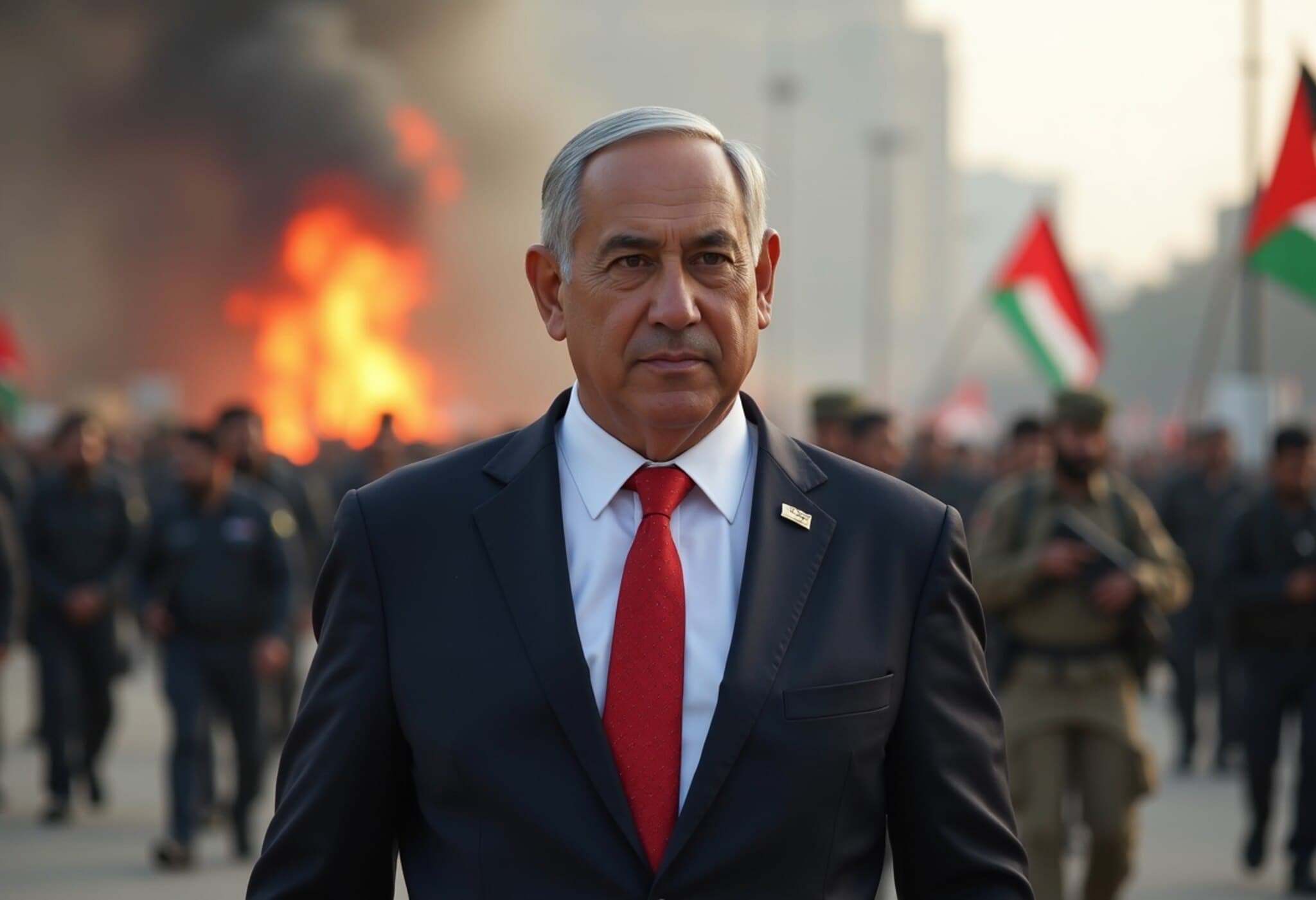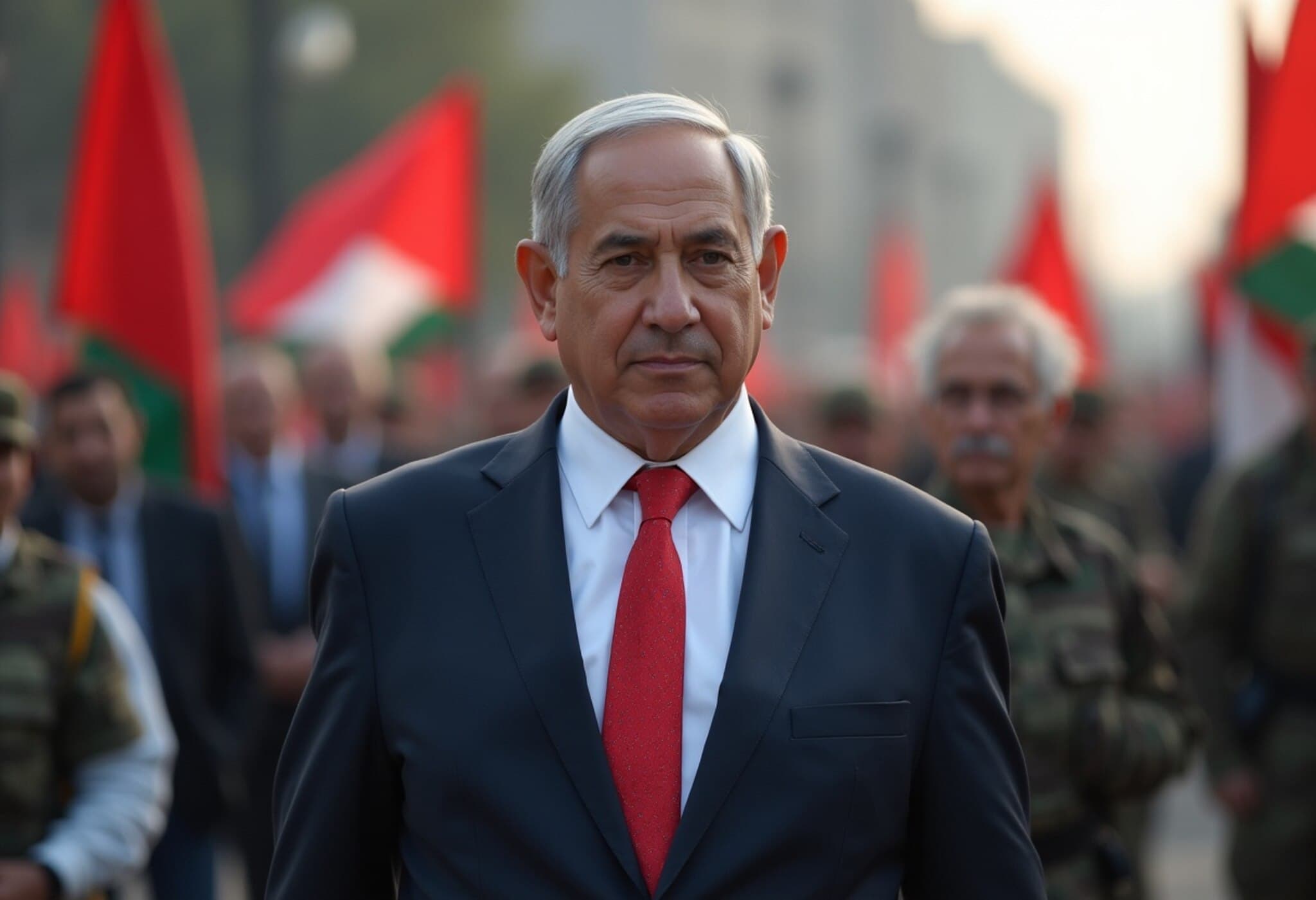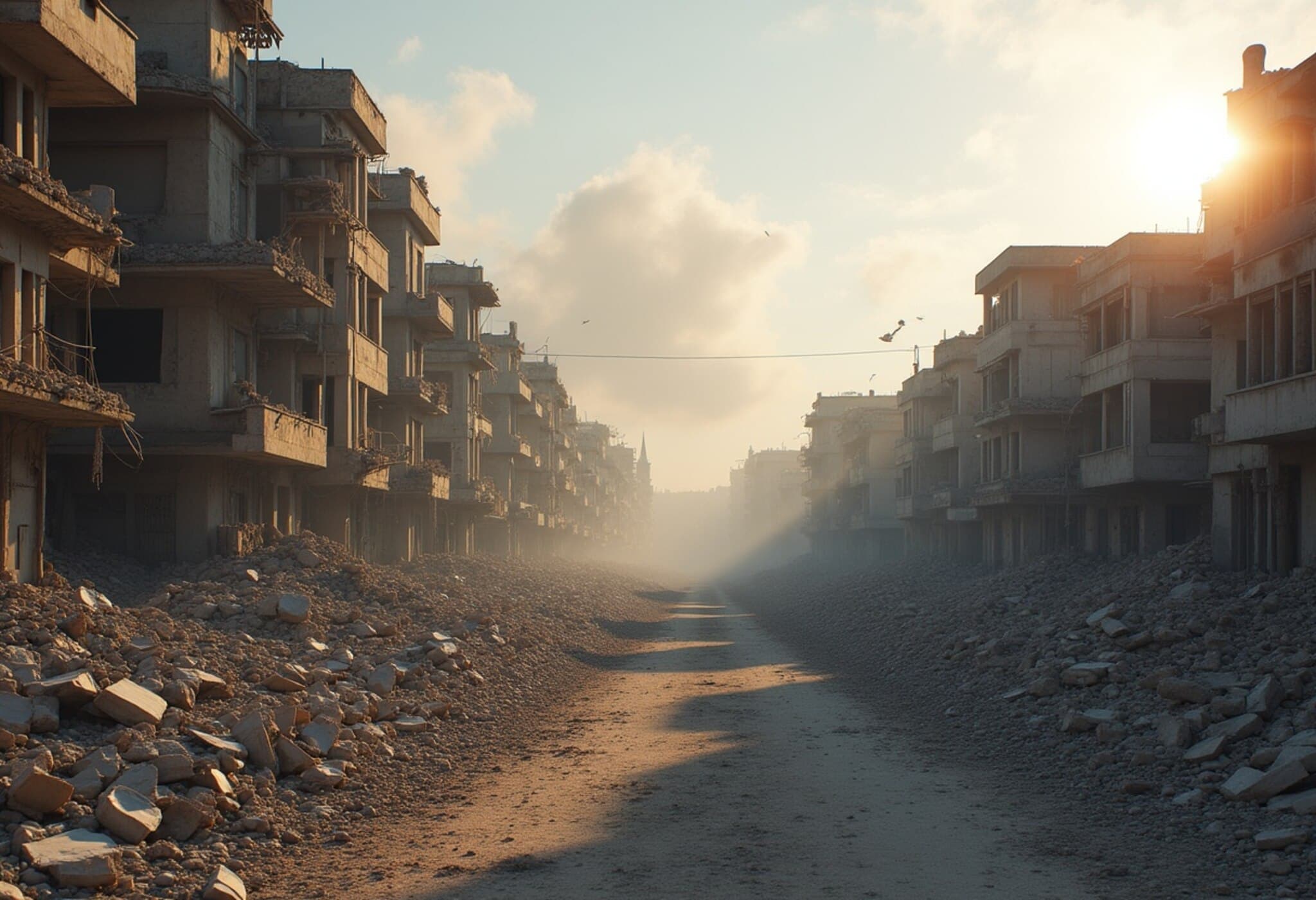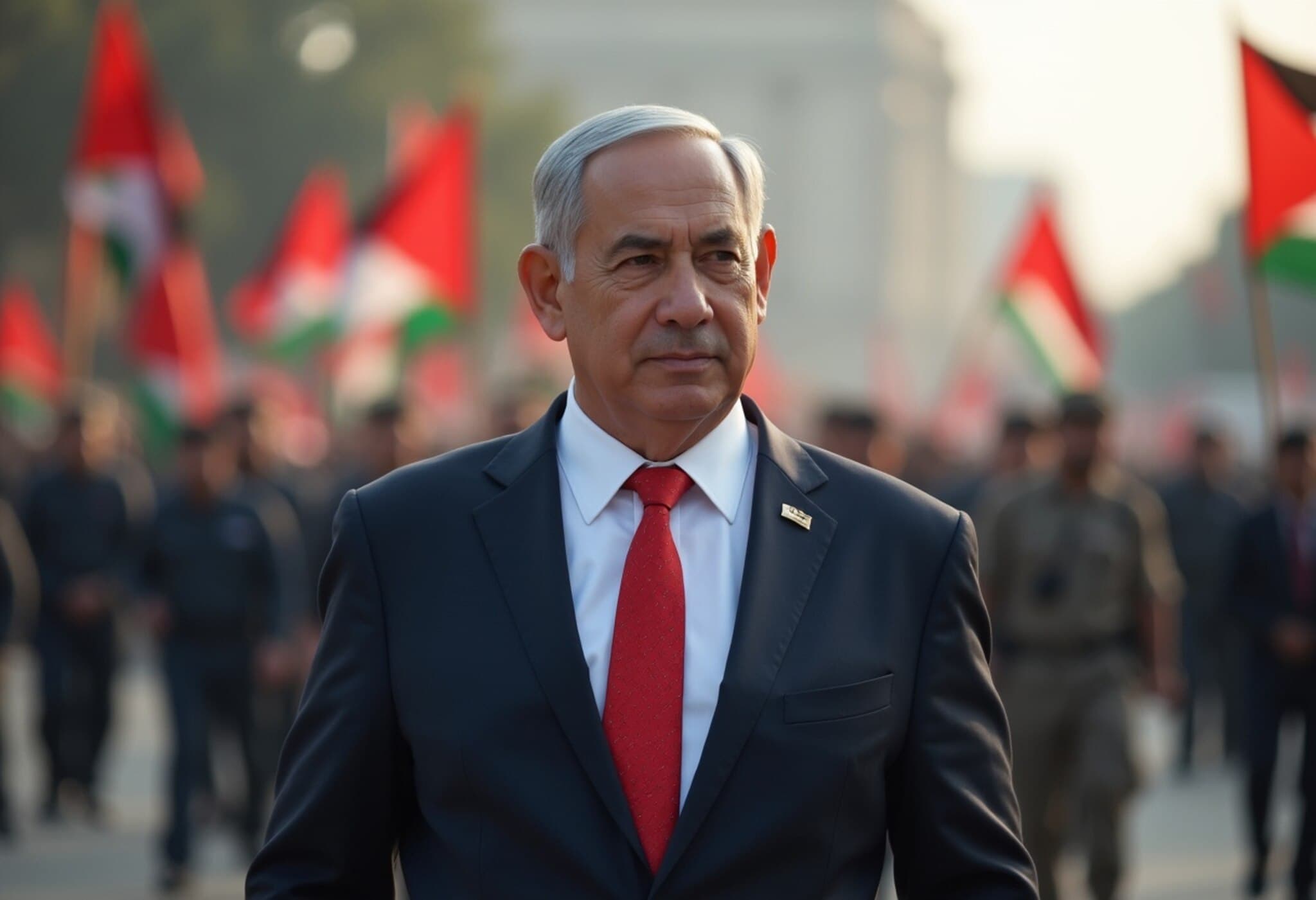Israel Challenges Famine Report on Gaza, Calling Findings ‘Deeply Flawed’
On August 28, 2025, Israel officially demanded that the Integrated Food Security Phase Classification (IPC)—a respected global hunger-monitoring consortium—retract its recent assessment declaring parts of Gaza, including Gaza City, to be in famine. The Israeli government labeled the report biased and inaccurate, signaling a fresh dispute amid an ongoing humanitarian crisis.
The IPC Report and Its Stark Findings
The IPC's report released last week painted a grim picture: approximately 514,000 Palestinians—nearly a quarter of Gaza’s population—are currently enduring famine conditions. Moreover, the agency forecast this number could grow to 641,000 by the end of September, underscoring the worsening food security situation in the war-torn enclave.
Israel’s Strong Rebuttal
Israel’s Foreign Ministry director general, Eden Bar Tal, sent a formal letter to the IPC demanding the report’s immediate withdrawal pending a thorough review. Bar Tal accused the IPC of drifting from established methodological standards, claiming the assessment was “deeply flawed, unprofessional,” and suggested some data could have been manipulated, selectively chosen, or overlooked.
He stressed that such inaccuracies risk misleading policymakers, aid organizations, and the international community during a highly volatile conflict, stating: “We expect the IPC to conduct an urgent and transparent review that addresses these breaches and prevents misinformation.”
The IPC’s Role and Historical Context
The IPC, a coalition of 21 aid groups, U.N. agencies, and regional organizations backed by donors like Britain, Canada, the European Union, and Germany, has set a precedent by declaring famines in crisis zones such as Somalia (2011), South Sudan (2017, 2020), and Sudan (2024). This historical credibility makes Israel’s challenge particularly notable.
Humanitarian Access and Political Tensions
While Israel rejects the famine classification, international pressure mounts for increased humanitarian access to Gaza. European governments and key global institutions have vocally urged Israel to facilitate aid deliveries amid escalating civilian suffering.
In a recent development, Israeli Military Chief of Staff Lieutenant General Eyal Zamir met with Cindy McCain, executive director of the U.N. World Food Programme (WFP). Israeli military statements emphasized the country's commitment to preventing famine and ensuring humanitarian aid reaches Gaza residents, though operational realities on the ground remain complex and contested.
Rising Death Toll and Conflicting Narratives
The Gaza health ministry reported that as of August 28, 313 deaths attributable to malnutrition and starvation have occurred since the war’s outbreak in October 2023, including 119 children. Israel, however, disputes these figures, highlighting the deep divisions over data verification in the Hamas-controlled territory.
Expert Insights: The Complexity Behind Humanitarian Assessments
This dispute underscores how humanitarian data in conflict zones can become entangled in political narratives. Experts note that while organizations like the IPC adhere to rigorous standards, access limitations and dependency on remote data collection can fuel disputes over accuracy.
American policy analysts emphasize that beyond data debates, the critical issue remains the urgent need for sustainable humanitarian corridors. They warn that framing aid as a matter of political leverage risks exacerbating civilian suffering, raising ethical concerns under international humanitarian law.
What Lies Ahead?
- Urgent Calls for Transparency: Whether the IPC will agree to a comprehensive methodological review remains a key question.
- Donor Implications: Israel’s threat to request withholding of IPC funding from donors introduces potential geopolitical ramifications.
- Humanitarian Access: International pressure for unimpeded aid must balance security concerns and the dire needs of Gaza’s population.
Editor’s Note
This episode highlights the fragile intersection between humanitarian assessment and geopolitics. As Gaza’s crisis deepens, parsing factual data from political rhetoric is more critical than ever for informed policy and effective aid delivery. Readers should consider how information scarcity and contested narratives shape global understanding—and reflect on the implications for conflict-affected civilians caught in the crossfire of diplomatic conflict.

